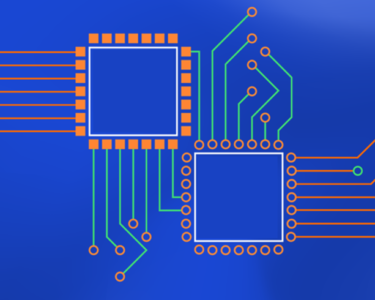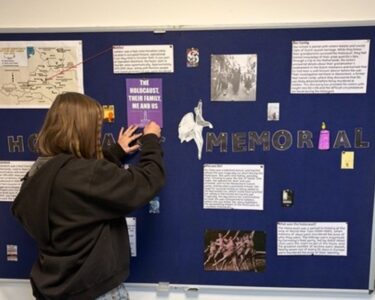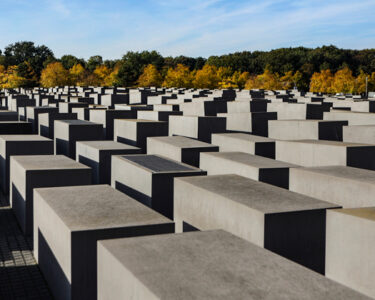Published by TES on 25th July
The uncertainty of Covid-19 and the rise of the far right mean Holocaust education is important today, says Andy Pearce
History matters. If recent events have served to underline this truism, they have also shown that history matters are rarely – if ever – straightforward or consensual. Nor are the matters of history as simple as we would like, or presume.
“On the surface, everything appears black and white.”
“But when we look closer at individual people, things aren’t so clear.”
These words belong to two teenagers. They were spoken in reference to their experience of learning about human behaviour during the Holocaust, through materials designed by the UCL Centre for Holocaust Education, where I work.
Significantly, these young people were not alone in coming upon such insights. As their classmates said: “Genocides aren’t caused by individual people. It needs whole societies to enable them to happen.”
The power of learning about the Holocaust
Perceptive observations like these speak to the power and the effects that teaching and learning about the Holocaust can have.
Delivering such lessons has rarely seemed so timely and appropriate, when we look at the unstable world in which our students now live. In one direction, we can see tangible examples of a resurgence in the politics of the far right; in another, we view with trepidation the growing uncertainties unleashed by the coronavirus pandemic, since we know these carry the potential to further stoke existing social, cultural and economic tensions. Running across our field of vision is the increasing proliferation of fake news, anti-intellectualism and whataboutery.
If history teaches us anything concrete, it is that such febrile periods risk giving birth to the rise of extremist ideologies of the right, left and religious varieties.
Is it a coincidence that the ascendancy of Donald Trump, and everything that followed in his wake, came after the global economic crash of 2008? It seems unlikely. Or that in this country we have seen the horrifying return of anti-semitism to the fringes of mainstream political discourse? Division, divisiveness and demagoguery often thrive in times like these.
Understanding the world around us
In this context, teaching and learning about the Holocaust feels instinctively apposite. An exploration of how these horrific events came about is surely essential as we try to understand the world around us and avoid any kind of repetition.
It would seem that schools agree. Over recent years, we have seen shifts in both the level of interest in Holocaust education and in the types of issues and challenges that schools are looking to address through it.
This is to be broadly welcomed. But it also poses key questions: what, for example, does knowledge and understanding of one of the darkest periods in human history actually enable young people to do? How can learning about the continental genocide of Europe’s Jews advance a student’s education? Why, in the confines of a busy curriculum, is it important – essential, even – that space is carved out for teaching and learning about the Holocaust?
Despite the Holocaust being a staple of the national curriculum for nearly 30 years, many young people hold concerning myths, misconceptions, and misunderstandings, display a lack of criticality, and have serious gaps in their historical knowledge and understanding.
Just as there is no single cause for this state of affairs, so there is no simple fix. Nevertheless, we know that high-quality research-informed CPD and classroom materials can – and do – make a difference.
Instability caused by the coronavirus
For over a decade, we have supported teachers in service and in training to explore and respond to such questions through a comprehensive programme of continuing professional development. This work is informed and underpinned by landmark empirical research into both teaching practices and students’ knowledge and understanding.
The UCL Centre for Holocaust Education has recently launched the world’s first research-informed textbook on the Holocaust for key stage 3. Due for publication at the end of September 2020, the textbook responds directly to the centre’s student research, with the primary aim of deepening what students know and understand about the Holocaust.
A free class-set of textbooks is available to any teacher delivering lessons about the Holocaust in a state-maintained school. The offer is made on a first-come, first-served basis, to teachers who complete a short online CPD course.
We firmly believe that the Holocaust as history, as memory, matters. Indeed, in the face of persistent prejudice and intolerance, growing anti-semitism and the politics of hate, knowledge and understanding of the Holocaust can equip us with perspectives that we can bring to bear on the present.
Helping students to acquire these is not easy. But, with the rise of extremism and anti-intellectualism, and the instability that will surely follow in the wake of Covid-19, the imperative to do so has surely never been more urgent.



